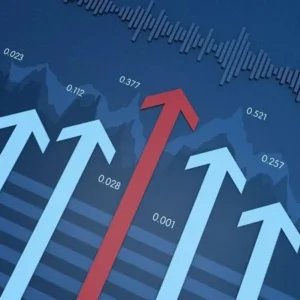The African Development Bank (AfDB), in partnership with the Climate Investment Funds (CIF), has launched the Gender and Renewable Energy Country Diagnostics to strengthen gender-inclusive energy transitions in Africa. This new initiative explores the intersection of gender equity and energy access in six countries: Ghana, Liberia, Mali, Lesotho, Madagascar, and Malawi. Developed under CIF’s Scaling Up Renewable Energy Program, the diagnostics offer country-specific, evidence-based recommendations to enhance women’s participation, leadership, and financial inclusion in the clean energy sector.
The diagnostics identify actionable opportunities to incorporate gender considerations into national energy policies, planning frameworks, and investment strategies. They propose inclusive financing models to support women-led energy enterprises and emphasize the importance of capacity-building to improve women’s technical, entrepreneurial, and leadership skills in renewable energy.
The findings were launched on 30 June 2025 during a virtual event hosted by AfDB’s Climate Change and Green Growth Department and Gender and Women Empowerment Division. The event brought together diverse stakeholders from government, civil society, private sector, and development institutions, demonstrating strong regional support for gender-equitable energy transitions.
Al Hamndou Dorsouma, Manager of Climate Change and Green Growth at AfDB, highlighted the role of gender equality in driving innovation and sustainable growth. He stressed the need to translate diagnostic insights into policy reforms, institutional coordination, and gender-responsive financing mechanisms. The initiative responds to growing demand from African countries for gender integration in national energy strategies.
Closing the event, Nathalie Gahunga, Manager of the Gender and Women Empowerment Division, urged governments, development partners, and the private sector to act on the diagnostics’ findings. She called for targeted investments, inclusive programs, and policy reforms that remove systemic barriers to women’s full participation in Africa’s green economy.
Fewstancia Munyaradzi, Executive Director of Rand Sandton Consulting Group, presented a consolidated action plan focusing on closing gender financing gaps, building institutional capacity, and integrating gender-responsive approaches into energy planning and implementation.
Gender integration is a central pillar of AfDB’s climate operations, with 100% of its projects mainstreaming gender considerations from design to implementation. The new diagnostics offer countries practical tools to operationalize gender equality in energy development and investment planning.
This initiative builds on AfDB’s earlier collaboration with CIF in 2020, which produced gender-focused energy access briefs for Kenya, Rwanda, Tanzania, and Uganda. These earlier efforts laid the groundwork for current country diagnostics, reinforcing the importance of data-driven, context-specific approaches to advance inclusive and sustainable energy transitions across Africa.







